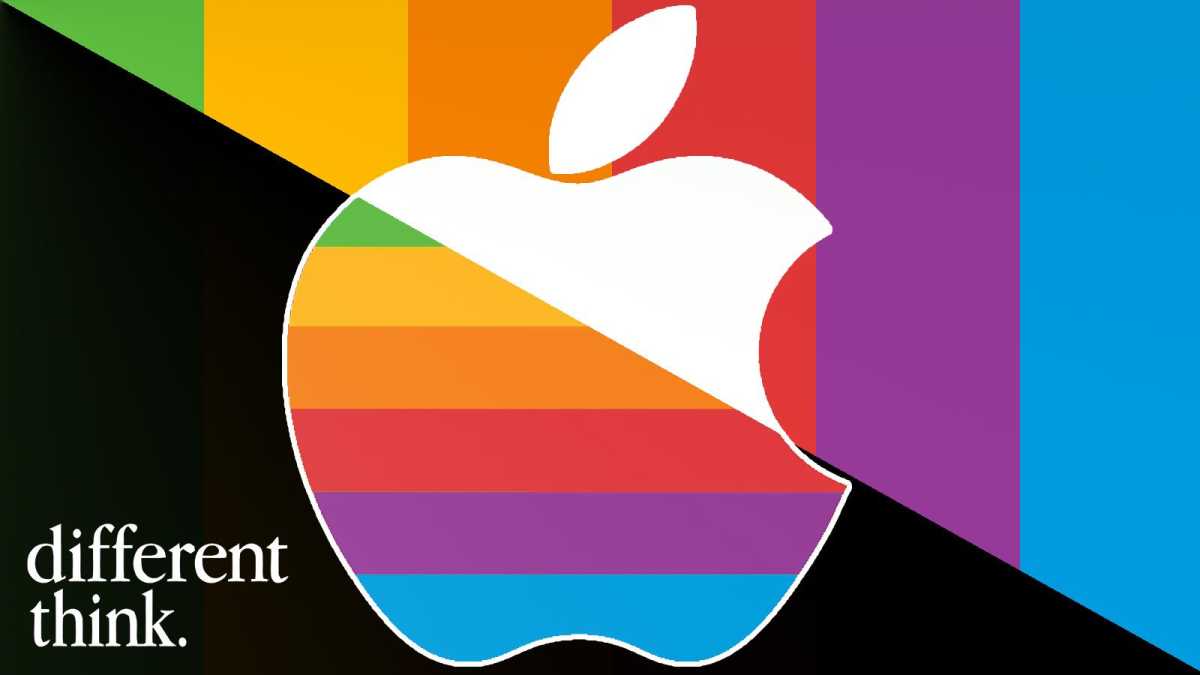The tablet market is so bereft of serious alternatives to the iPad that Apple often ends up acting as its own competition. Rather than a choice between an iPad and an Android tablet, the average buyer is more likely to weigh the benefits of the basic iPad versus its mini, Air, and Pro siblings. It’s no wonder some people use the word iPad to mean tablets in general.
Of course, Apple would very much prefer our theoretical customer to go for the iPad Pro, since it costs the most and presumably delivers the greatest profit margin. It just can’t seem to stop cannibalizing sales of that model, and indeed of all its Pro-branded products, with more appealing lower-priced alternatives.
To be clear, we’re not talking about the entry-level option. The 10.2-inch iPad is obviously an unmistakably better value than the iPad Pro, but it’s marketed to and caters to an entirely different user base: no one who had seriously entertained the thought of an iPad Pro could ever be happy with a vanilla iPad. The same is true of the iPhone SE and the Mac mini, neither of which have ever been legitimate comparison points for the equivalent Pro devices. Rather, the story of the past few years has been the rise of the inbetweener, the mid-market offering that combines the key features of the Pro model with a far lower price tag.

IDG
We got two glaring examples of this at Apple’s spring event last week. The iPad Air swaggered back into the spotlight after 18 months and instantly consigned its 11-inch Pro sibling to niche appeal. The Air was brought neatly up to date with an M1 processor and 5G support, and since it already matched the Pro for USB-C and accessory support there remained few convincing reasons (the ProMotion screen, possibly; the extra camera lens, implausibly) for anyone but a small cadre of creative professionals to shell out the extra $200 and go Pro.
More subtly, Apple recognized the Pro category’s niche future with the Mac Studio, a swashbuckling mid-range–perhaps we need to say upper mid-range–reimagining of the Mac mini format with hardcore hardware. Nobody could possibly mistake the Studio for a budget machine, with prices starting at $1,999 without a keyboard or monitor, but it’s a drastically more affordable option than the $5,999 Mac Pro and right now a considerably more appealing one.
There’s no telling with Apple’s naming systems, but the new Studio brand may herald a wider new category in the company’s line-up. It will be interesting to see whether other Studio products appear, and how they are pitched. It’s long been obvious that Apple’s Pro branding, which encompasses devices as diverse as the Mac Pro, the iPhone Pro, and the AirPods Pro, is an awkward conflation of pro and premium categories that should rightly be kept separate. The Studio designation may help make this clearer.
Talking of the AirPods Pro, Apple completed a miserable keynote presentation for the Pro segment of its business by failing to update its premium earbuds and leaving them hanging in limbo. Who’d buy a set of AirPods Pro now, when the AirPods 3 are sitting there so invitingly, so up-to-dately, so $70 cheaperly?
I suppose as problems go this is a reasonably nice one to have: missing out on sales of one product because people are buying one of your others. Better to lose a Pro sale than to lose a sale entirely. But Apple can turn this around by festooning its Pro devices with so many exclusive features that customers simply can’t bear to miss out. Like we saw with the MacBook Pro, the iPhone 14 Pro will reportedly get a notchless design, a 48MP camera, better battery life, faster RAM, and even an exclusive processor. If all of that turns out to be true, we’ll know once and for all that Apple takes Pro sales seriously.
from Macworld.com https://ift.tt/BKqhfOo
via IFTTT





0 Comments